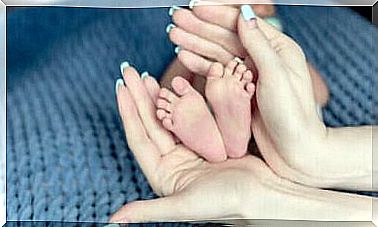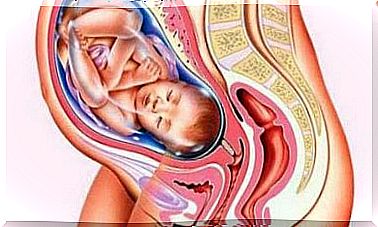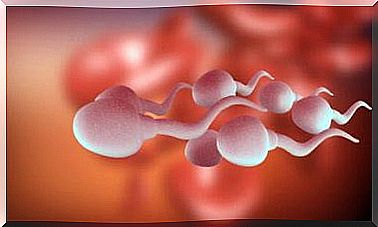Poor Diet In Children – This Will Be The Consequences
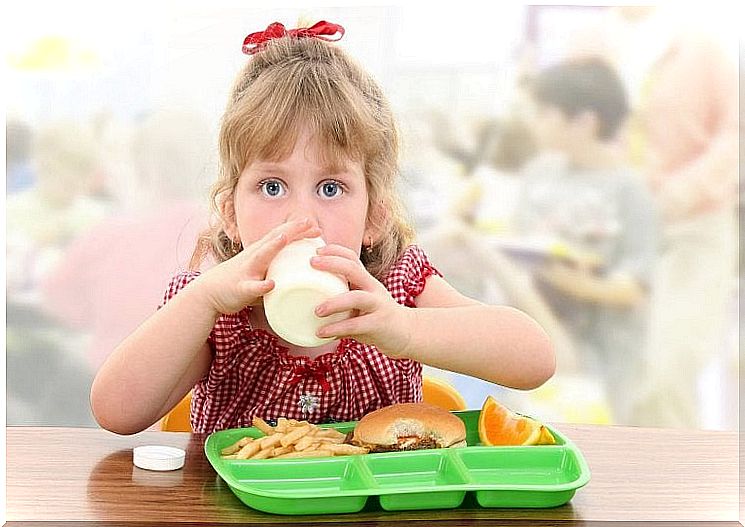
The consequences of children eating a poor diet include serious illnesses and permanent health problems. A balanced diet is part of a healthy lifestyle and reduces the risk of problems later in life.
To work preventively and avoid the consequences of a poor diet
Doctors agree that it is better to work preventively than to try to cure the problems that arise. Eating a balanced diet that covers all the children’s nutritional needs can provide lifelong protection against certain ailments and diseases.
If you assume poor eating habits during childhood, this can lead to problems that stay with us for the rest of our lives.
A healthy and varied diet in previous years, shapes our metabolism when we grow up.
Poor development, impaired concentration and fatigue are just some of the consequences of a poor diet. Children who do not get the right nutrients often have more problems reading and studying.
Malnourished children often have problems with their skin and hair. They also suffer from vision problems and impaired mental and physical development.
Weight gain and weight loss
Regardless of whether children eat too much or too little, malnutrition has serious consequences for the body.
One of the consequences is sharp weight gain or weight loss. Other effects that are often seen later in life are high blood pressure, osteoporosis, and kidney and heart disease.
People who have a poor diet are also at greater risk for high cholesterol and certain types of cancer.
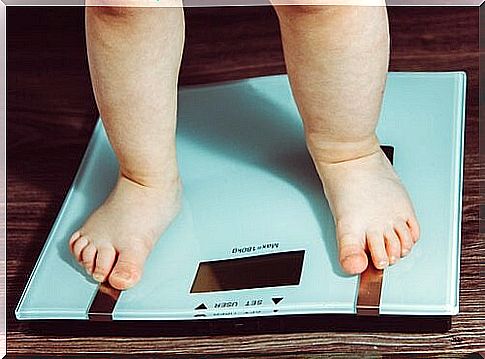
Iron deficiency
Iron deficiency can lead to anemia. The effect that arises on children’s intellectual development is irreversible. This limits their analytical ability and understanding.
Muscle weakness
A poor diet can also cause children to suffer from muscle weakness. Children with this condition can become lethargic and pale and tend to cry frequently.
Low physical performance and poor grades in school are other risks. Babies with poorer muscles also tend to learn to walk at a later stage.
Obesity in children
If the children gain too much weight, it will be more difficult for them to move and play. It can also cause hormone problems, diabetes, high cholesterol, difficulty breathing and liver disease.
When children eat packaged dishes, processed meat, fatty fast food, sweets and fried foods, the consequences often come quickly.
Too much carbohydrate, protein and fat in a child’s diet can also cause health problems. It is important to find the right balance.
Too much protein or protein deficiency
Protein is important for muscle fibers to grow. However, too much protein can overload the kidneys and liver, which have the task of removing toxins from the body.
Too much calcium can accumulate as the body has difficulty getting rid of waste, leading to painful kidney stones. In addition, too much calcium can reduce the absorption of other minerals from the diet.
A lack of protein can give rise to other problems, such as fatigue, poor muscle development and weakness.
Carbohydrates: too much or too little
Too much carbohydrate during childhood can cause diabetes and heart disease, as well as obesity. Too much sugar gives rise to caries, mood swings, difficulty concentrating and hyperactivity.
Children who do not get enough carbohydrates can feel tired and lethargic. Carbohydrates are the body’s fuel: the right amount gives us the right energy.

The right amount and type of fat
A diet with too much fat can lead to weight gain. On the other hand, a lack of fat can give rise to a lack of vitamins A, D, E and K, irritation, difficulty concentrating and lethargy.
Vitamin deficiency also leads to thyroid problems, obesity, anemia, scurvy and English disease. The parents should also consider whether the child has other symptoms, such as fatigue, cramps, headaches, mood swings and a reduced mental capacity.
The consequences of a poor diet can be permanent. It is therefore important to have a healthy diet early in order to be able to live a long and healthy life.
It can be difficult to get children to eat a nutritious diet, but it is important for their future development.
